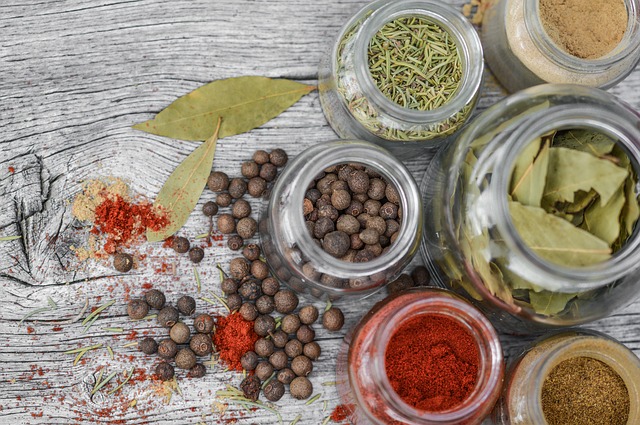Cystitis Glandularis- TCM can Ease Your Frequent and Urgent Urination
Date:2022-08-30 click:0
In the outpatient department, we often see some patients anxiously ask the doctor about the examination results: "why is there no abnormality in the urine examination? I have taken many drugs, but urination frequency, urgency, and pain have not improved. Is there any incurable disease?"

At this time, experienced doctors will recommend them to do cystoscopy and take living tissue for pathological examination if necessary. In this way, a considerable number of patients can be diagnosed. It turns out that they are suffering from a particular bladder inflammation-glandular cystitis.
Cystitis glandularis often occurs in the trigonal area of the bladder. The bladder mucosa of ordinary people is composed of transitional epithelium. However, the bladder mucosa of this patient evolves into glandular epithelium, leading to cystitis glandularis. Cystitis glandularis is often misdiagnosed as a "urinary tract infection." The diagnosis is mainly based on pathology after medical treatment, and cystoscopy can find scattered or clustered follicles or snow signs at the triangle area and ureteral opening. The lesions are multicentric, multiform, or mixed.
At present, there is no satisfactory treatment for cystitis glandularis. Transvesicoscopic resection (TURP) is the primary method, which has a specific effect on localized lesions. Those with a wide range of lesions that may not be cut clean will lead to recurrence. Moreover, extensive electrocautery and postoperative bladder perfusion will aggravate bladder irritation symptoms, exacerbate patients' pain, and seriously affect the quality of life of patients.
Traditional Chinese medicine treatment has brought dawn to the patients. Traditional Chinese medicine treatment can achieve better results, whether localized or extensive inflammation.
Cystitis glandularis belongs to the category of "drenching syndrome" in traditional Chinese medicine. The treatment principle is diuresis and drenching. Dianthus superbus, Polygonum aviculare, plantain seed, and other herbs in the formula of Diuretic and Anti-inflammatory Pill have the effect of diuresis and relieving the shower, which can alleviate the symptoms of frequent urination and urgency of the patients, make the patients urinate smoothly and achieve a better therapeutic effect.
Traditional Chinese medicine believes that the basic pathogenesis of this disease is a deficiency of kidney yin, phlegm heat and blood stasis, and FU QI being obstructed. It is found that qi stagnation, phlegm, blood stasis, and blockage of meridians play an essential role in the pathogenesis of cystitis glandularis.
On the basis of inheriting the treatment experience of ancient sages, the idea of "moistening Yin liquid, resolving phlegm and resolving depression, regulating qi and activating blood" can improve patients' clinical symptoms. The general course of treatment is 2-3 months. Cystoscopy in some patients can find that the lesions are reduced or disappeared.
Herbal medicine Diuretic and Anti-inflammatory Pill is a formula summarized by Li Xiaoping based on more than 30 years of clinical experience. It is effective in treating cystitis glandularis. In addition, it can implement personalized treatment for patients. Complementary medicine can achieve the effect of overall adjustment and individual therapy.
You may also be interested in:



